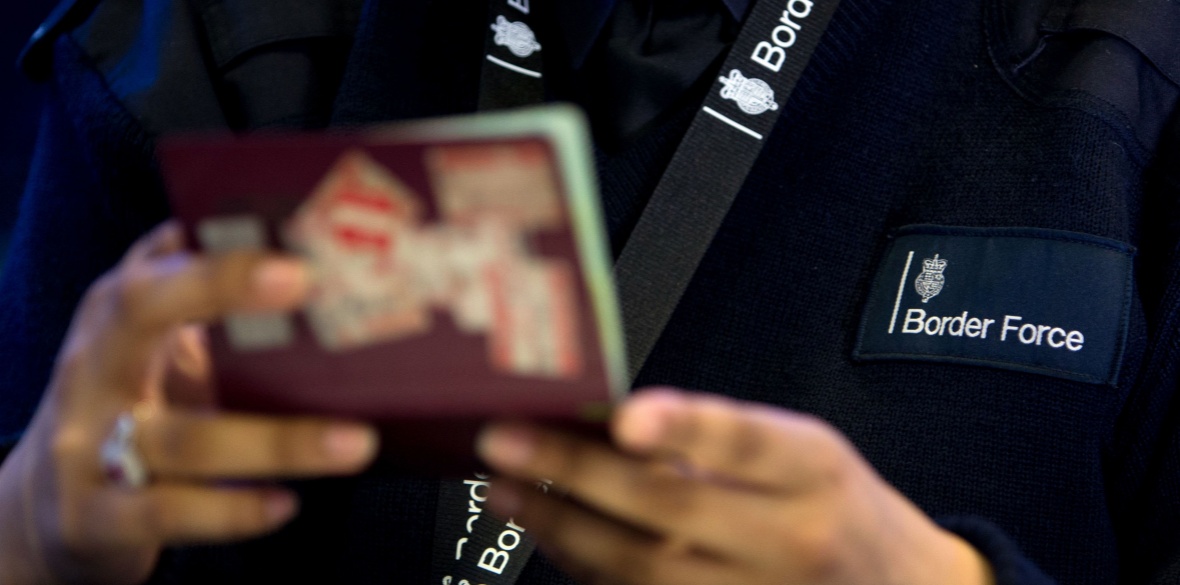This is the last article you can read this month
You can read more article this month
You can read more articles this month
Sorry your limit is up for this month
Reset on:
Please help support the Morning Star by subscribing here
THOUSANDS of people have been denied access to “potentially vital” information that could prove their right to remain in Britain, it was revealed today.
At least 20,000 applications requesting documents were withheld by the government using a controversial exemption clause in data protection laws, a freedom of information request by The Independent found.
The exemption, which allows information to be blocked if it “undermines immigration controls,” was passed into law through the Data Protection Act of 2018.
Migrant rights groups had warned that this would result in a repeat of the Windrush scandal, with people being wrongfully deported and detained.
Labour described the new figures as an “early indication of the incalculable human cost” of the government’s decision to ignore such stark warnings.
Shadow immigration minister Bell Ribeiro-Addy said: “When the government brought in the Data Protection Act, Labour warned there was a strong possibility that its immigration exemptions would end up preventing people from accessing potentially vital proof of their right to live in the UK.
“We’ve seen people being deported, detained or denied health treatment through lack of proof that they have the right to remain.
“It seems likely that many of these people will have fallen victim as a consequence of the legislation.”
More than 45,000 applications for personal information, known as “subject access requests,” were made to the Home Office between May 2018 and January 2020.
The department used the immigration exemption to block or restrict access to information in no fewer than 19,353 — 42.8 per cent — of those applications.
The number could be even higher as the database only has records from July 2018.
Lawyers often use subject access requests to compel the Home Office to hand over files regarding immigrants.
The prolific use of the exemption flies in the face of promises made by ministers in 2018 that it would only be used on a “case-by-case” basis.
It is still unclear how many requests were refused outright, how many were partially redacted and whether some documents were later released using different requests.
Campaign group Liberty said that the exemption was being used as a “tool to enforce the racist hostile environment.”
A statement by the Home Office insisted that the exemption was “not a blanket measure” and in most cases only applied to a “limited amount of data.”











